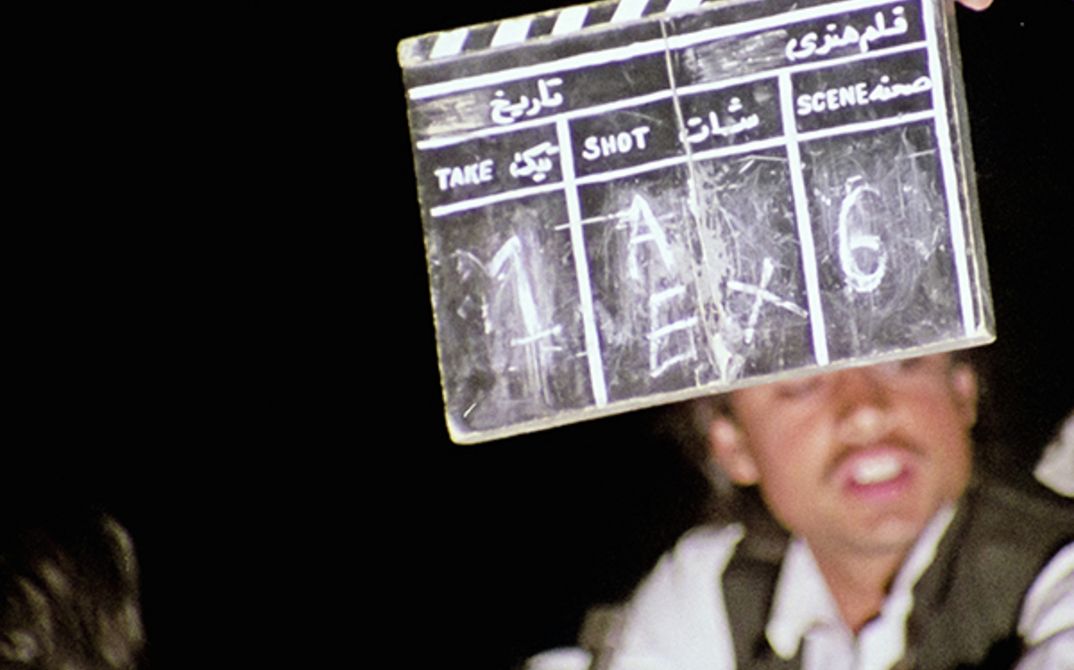72 min. Dari.
What We Left Unfinished is about five never completed films made between 1978 and 1992 before the backdrop of the various communist regimes that came to power in Afghanistan. Scenes from these films, some of which later reused in other works, are edited together with current footage of their locations and commentaries by the filmmakers and actors involved in the productions, allowing us to dive into action films and romantic dramas that revolve around local histories and conflicts. By talking to the filmmakers, Mariam Ghani reconstructs how they pursued their passion for film in the face of censorship and danger. Even if it was not possible to make films critical of the regime, the directors developed methods that enabled them to continue realising their projects. A contradictory picture of the visions of the state thus emerges, lying somewhere between politically commissioned works and the aspiration to reflect reality. In this way, a panorama of Afghan cinema is opened up in which reality and fiction, historical facts and national myths, artistic experimentation and propaganda all become interwoven. (Sandra Schäfer)
Mariam Ghani was born in New York, USA in 1978. She earned a degree in Comparative Literature from New York University and a degree in Photography, Video & Related Media from the School of Visual Arts in New York. She works as a visual artist, writer, teacher and filmmaker, and has produced or co-produced a number of short films and multiple-channel installations, transmedia projects, live cinema events, exhibitions, conferences and discussions. What We Left Unfinished is her first feature-length film.
